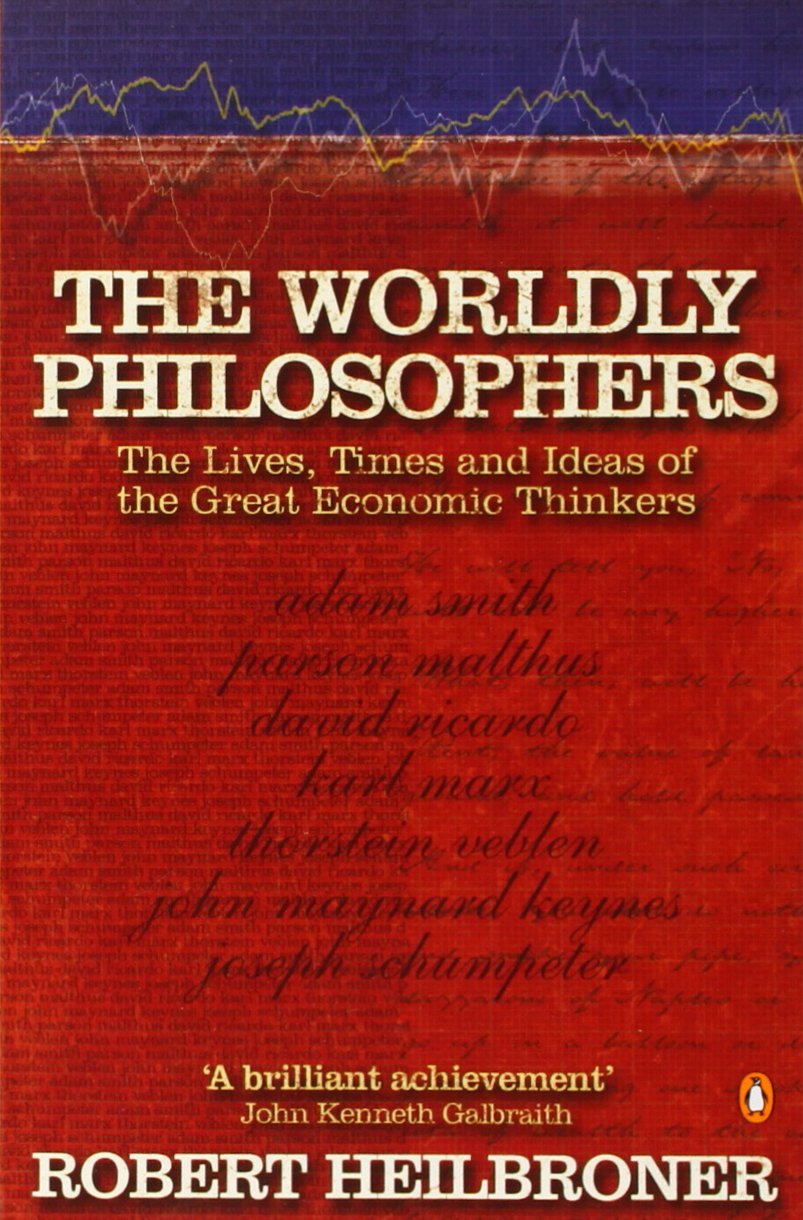About this deal
In the late nineteenth century and the early twentieth century, the Caterpillarists might have thought they were winning, but the world got pretty close to Revolution everywhere, not just in Russia.
Ultimately, even this difference would be reflected primarily in the relative level of remuneration. An overview of the political, social, and ethical concepts of economic thought. For the person pursuing an education on the history of the lives, times, and ideas of the great economic thinkers of the Western world, this book contains a capsulized version of the major tenets.Even if a Revolution has been avoided, the outcome is not the self-regulating equilibrium the Caterpillarists were seeking. So the metaphor I want to use is of two teams of dismal scientists examining a life form which they know only to be a Caterpillar. How can society depend on capitalism, which is an unregulated market system? Smith replies with two laws of the market. The desire for wealth permeates all human activity. Therefore, self-interest, or profit, motivates people to perform necessary tasks for which society is willing to pay. As Smith writes, "It is not from the benevolence of the butcher, the brewer, or the baker that we expect our dinner, but from our regard to their self-interest." Thus, the first law of the market is self-interest, or the profit motive. It seems to me that these disputes about profits are effectively arguments about the relative entitlement to profit as between labor and capital.
The passage of tasks, or jobs, from generation to generation through custom — a carpenter's child becomes a carpenter or a farmer's offspring take charge of the family farm. This reliance on tradition for the selection of a life's work was especially true of the Middle Ages and is still true in many underdeveloped areas of the world. The planned economy under central authoritarian rule differs from tradition in that the means of production and the authority to make economic decisions belong to the state. Examples existed in ancient Egypt and Babylonia, where massive work projects were organized at the whim of the ruling class. In more recent times, the communist nations which were formed after the Russian Revolution in 1917 have attempted the same large-scale operations as an outgrowth of a centralized authority. In neither instance did individuals actualize their own ideas or goals.Heilbroner interestingly traces out the development of profit and its mechanisms, both within societies and in economic theories. He also examines how accurately each of these theories described the actual material conditions of the world they were developed in, although he does seem partial in his analysis. Adam Smith, in fact, was neither pro-capital nor pro-labor. At the University of Glasgow, he was influenced by the concept of "the greatest happiness of the greatest number." Consequently, he avoided taking sides with any class, concerning himself with the promotion of wealth for all of England's classes.
That said, I would assume that the Hayek brigade are unlikely to view this book too favourably – but then, they don’t really do history or read anything likely to disconfirm their beliefs, so there is little danger of them reading this, I would suspect. Does capitalism, or the market system, actually operate in this way? It did during Smith's time, for the business world was a world of atomistic, or elemental, competition. Yet, there was evidence that a large number of people did not profit from the system. Still, even though more than an eighth of England's population in 1720 was poor, Smith insisted that society could not flourish if "the greater part of the numbers are poor and miserable." In his radical view, society was definitely improving. By comparison, the capitalistic world of today differs greatly with its giant corporations and massive labor unions. However, the twin laws of self-interest and competition still form the basis of the market system. The third stage of capitalism began in the last quarter of the nineteenth century. Because of the control and direction of industry by financiers, this stage is known as financial capitalism, with profits coming from investing. The subject of The Worldly Philosophers, the great economists, covers those theorists whose words and thoughts concerning the creation and distribution of wealth have had a major impact on society. Indeed, these men have swayed and shaped the world. The title of the book comes from their common interest: the human drive for worldly wealth. From this compulsion is derived the concept of worldly philosophers. Surprisingly, these economists did not appear on the scene of world events until long after the advent of history, philosophy, science, politics, art, and statecraft. They began in the latter part of the eighteenth century with the work of Adam Smith.urn:lcp:worldlyphilosoph00heil_2:epub:9d22228c-caf1-4cbf-8ea5-ae6f36a615c9 Extramarc Columbia University Libraries Foldoutcount 0 Identifier worldlyphilosoph00heil_2 Identifier-ark ark:/13960/t96712t7w Invoice 11 Isbn 9780684862149
 Great Deal
Great Deal 